The GATE syllabus comparison of the engineering vs science stream shows that mathematics is at the core of engineering branches. The science stream is a blend of physics, chemistry, mathematics, and other disciplines.
Table of Contents
Learning about the GATE syllabus comparison of engineering vs science streams is crucial for aspiring candidates aiming to excel in this competitive exam. The GATE exam tests the candidates’ understanding of numerous disciplines. Thus, learning about the differences in GATE engineering and science syllabi can significantly impact preparation strategies.
Engineering branches focus on practical applications and technical depth. On the other hand, science subjects emphasise theoretical foundations and research methodologies.
Candidates seeking to appear for the GATE exam 2025, scheduled for Feb 1, 2, 15 & 16, 2025 are often confused about which paper to take the exam from. The GATE syllabus 2025 comparison of engineering and other disciplines can provide a clear picture of the career pathway of the candidates.
GATE Exam Structure 2025
Conducted jointly by the Indian Institute of Science (IISc) and several Indian Institutes of Technology (IITs), GATE assesses candidates in various disciplines. The exam primarily focuses on undergraduate subjects in engineering and science, comprising Multiple Choice Questions (MCQs), Multiple Select Questions (MSQs), and Numerical Answer Type (NAT) questions.
The GATE exam structure 2025 is made of the following two sections:
- General Aptitude: It is a common section across all the papers. It assesses candidates on verbal ability, numerical ability, and reasoning.
- Subject Specific Section: It varies depending on the subject/discipline chosen by the candidate, like engineering and science streams. The questions are solely based on the theoretical and practical aspects of the subject.
Also Read: How to Choose the Right GATE Paper for Your Career?
GATE Syllabus for Engineering Streams
The GATE syllabus for engineering streams comprises mathematics at its core while also covering the essence of the said discipline, including Civil, Mechanical, Electrical, Electronics, and Computer Science. Here are some common areas covered under the GATE syllabus for engineering streams:
Core Subjects:
- Mathematics covers topics, like Linear Algebra, Calculus, Differential Equations, and probability.
- Engineering Mechanics includes Statics and Dynamics, Kinematics, and Friction.
- Fluid mechanics covers Fluid Properties, Hydrostatics, and Dynamics.
Discipline Specific Subjects:
- Electrical Engineering includes Circuit Theory, Control Systems, Electrical Machines, and Power Systems.
- Mechanical Engineering comprises topics, like Thermodynamics, Machine Design, Manufacturing Processes, and Robotics.
- Civil Engineering covers Structural Analysis, Soil Mechanics, and Transportation Engineering.
- Computer Science includes topics such as Data Structures, Algorithms, Databases, and Operating Systems.
Further, many engineering branches also require knowledge in adjacent fields. For instance, Electrical Engineering candidates may need a basic understanding of Electronics. In simple terms, candidates may find some common topics across subjects.
Subject-wise GATE Syllabus for Engineering Streams
Now, to have a better understanding of the GATE syllabus of the engineering branches, it is better to have a close look at the detailed syllabus of each discipline. The subject-wise GATE syllabus for engineering branches is provided in the table below:
|
Particulars |
Link |
|
GATE Aerospace Engineering Syllabus 2025 |
|
|
GATE Agricultural Engineering Syllabus 2025 |
|
|
GATE Biomedical Engineering Syllabus 2025 |
|
|
GATE Civil Engineering Syllabus 2025 |
|
|
GATE Chemical Engineering Syllabus 2025 |
|
|
GATE Computer Science & Information Technology Syllabus 2025 |
|
|
GATE Electronics and Communication Engineering Syllabus 2025 |
|
|
GATE Electrical Engineering Syllabus 2025 |
|
|
GATE Environmental Science & Engineering Syllabus 2025 |
|
|
GATE Instrumentation Engineering Syllabus 2025 |
|
|
GATE Mechanical Engineering Syllabus 2025 |
|
|
GATE Mining Engineering Syllabus 2025 |
|
|
GATE Metallurgical Engineering Syllabus 2025 |
|
|
GATE Naval Architecture and Marine Engineering Syllabus 2025 |
|
|
GATE Petroleum Engineering Syllabus 2025 |
|
|
GATE Production & Industrial Engineering Syllabus 2025 |
Note: When having a look at the GATE 2025 syllabus for numerous engineering branches candidates must have observed that the syllabus of each discipline is divided into core and special topics.
Also Read: GATE Books for ECE 2024
GATE Syllabus for Science Streams
The GATE syllabus for the science stream encompasses subjects like Physics, Chemistry, and Mathematics, which are pivotal for various research and development roles. Here’s an overview of the GATE syllabus for science streams:
Core Subjects:
- Physics includes topics, like Classical Mechanics, Electromagnetism, Quantum Mechanics, and Thermodynamics.
- Chemistry covers Organic, Inorganic, and Physical Chemistry concepts.
- Mathematics comprises topics similar to engineering, including Calculus, Algebra, and Statistics.
Research-Based and Technical Subjects:
- Biotechnology includes topics such as Molecular Biology, Biochemistry, and Bioinformatics.
- Geology covers Mineralogy, Petrology, and Geochemistry.
Like engineering disciplines, science streams also require integration across various subjects. For example, a candidate in Chemistry might need knowledge of Biology or Mathematics.
Subject-wise GATE Syllabus for Science Streams
Candidates can find the GATE syllabus for each science discipline in the table provided below:
|
Particulars |
Link |
|
GATE Biotechnology Syllabus 2025 |
|
|
GATE Chemistry Syllabus 2025 |
|
|
GATE Data Science and Artificial Intelligence Syllabus 2025 |
|
|
GATE Environmental Science & Engineering Syllabus 2025 |
|
|
GATE Ecology & Evolution Syllabus 2025 |
|
|
GATE Geomatics Engineering Syllabus 2025 |
|
|
GATE Geology & Geophysics Engineering Syllabus 2025 |
|
|
GATE Mathematics Syllabus 2025 |
|
|
GATE Statistics Syllabus 2025 |
|
|
GATE Textile Engineering & Fibre Science Syllabus 2025 |
|
|
GATE Engineering Sciences Syllabus 2025 |
|
|
GATE Humanities & Social Sciences Syllabus 2025 |
|
|
GATE Life Sciences Syllabus 2025 |
|
|
GATE Physics Syllabus 2025 |
|
|
GATE Microbiology Syllabus 2025 |
|
|
GATE Zoology Syllabus 2025 |
|
|
GATE Botany Syllabus 2025 |
|
|
GATE Biochemistry Syllabus 2025 |
|
|
GATE Food Technology Syllabus 2025 |
Note: Upon closely observing the GATE syllabus for science streams, it is evident that at the core of each discipline are Mathematics, Physics or Biology. The syllabus also covers the theoretical and practical aspects of a particular discipline.
Also Read: GATE Aptitude Questions with Answers
Engineering Vs Science Stream GATE Syllabus Comparison
The GATE engineering syllabus essentially, emphasises practical applications of theoretical concepts. Most topics are related to design, systems, and practical problem-solving.
In contrast, the GATE science syllabus focuses more on theoretical understanding and foundational concepts, particularly in subjects, like Physics and Chemistry.
The engineering syllabus for GATE 2025 delves deeper into specific applications, such as Machine Design or Circuit Analysis. On the other hand, the GATE 2025 syllabus for Science streams mostly covers a broader range of fundamental principles, with less technical application.
While both streams exhibit interdisciplinary traits, engineering candidates frequently need to apply concepts from various engineering fields to solve complex problems. In contrast, science candidates may find themselves applying mathematical and scientific principles in research contexts.
Also Read: Avoid These 9 Common Mistakes in GATE Preparation 2025
Engineering Vs Science Stream GATE Syllabus Similarities
When doing the GATE syllabus comparison of engineering vs science stream, there are some notable similarities as well. For example, both streams require a strong foundation in mathematics, with overlapping topics such as calculus, linear algebra, and probability.
Further, the General Aptitude section is identical for both streams. It focuses on logical reasoning and numerical skills. Also, both streams prepare candidates for advanced studies and research, highlighting the importance of critical thinking and analytical skills.
Also Read: GATE Exam Attempt Limit
The comparison of engineering vs science streams GATE syllabus provides a clear pathway for the candidates. It allows them to delve deeper into the intricacies of each discipline and opt for a GATE paper based on their career goals, knowledge, skills and field of interest.

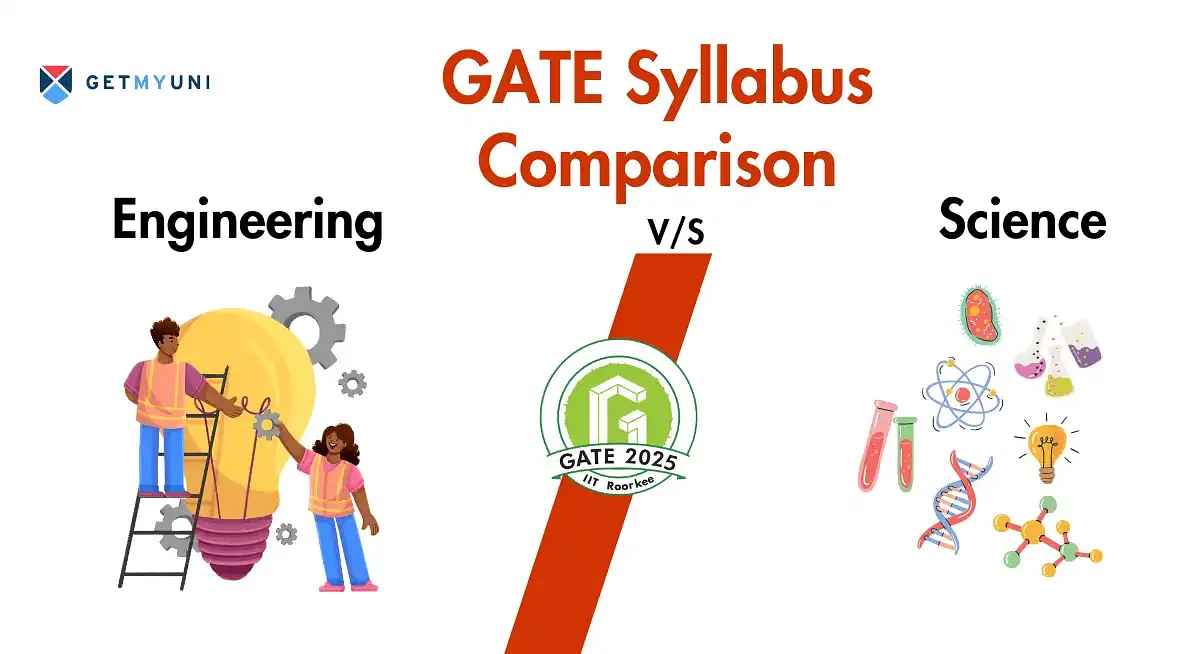









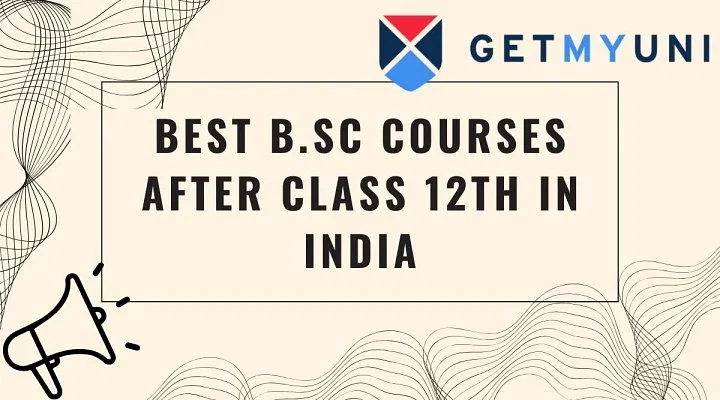
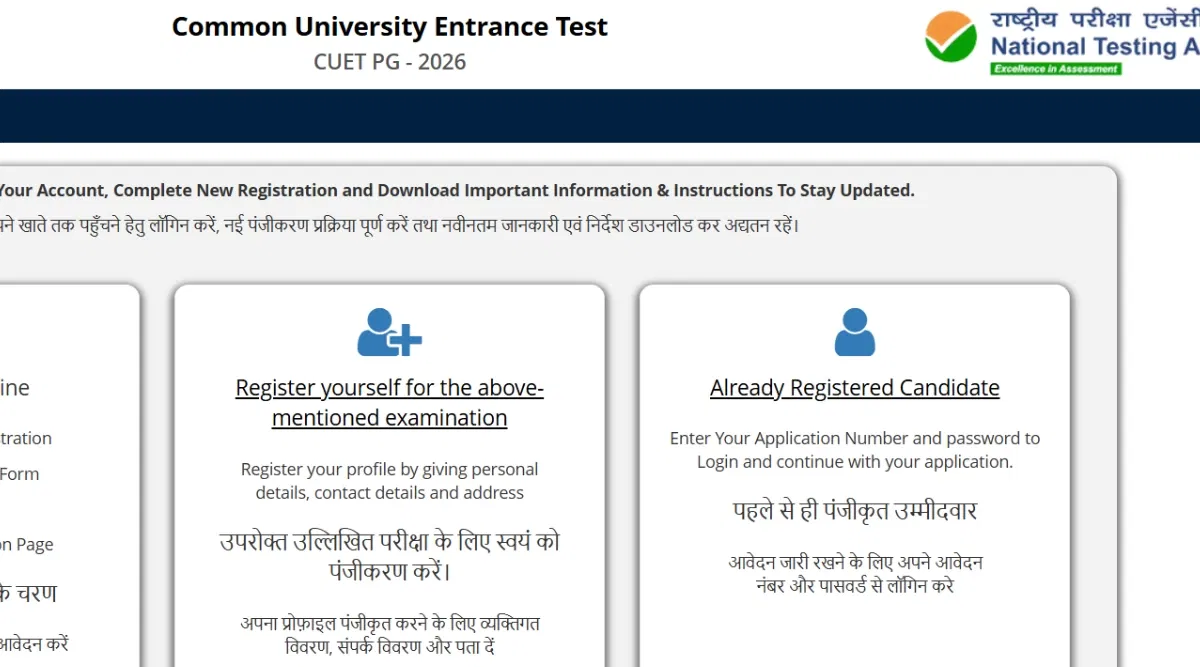
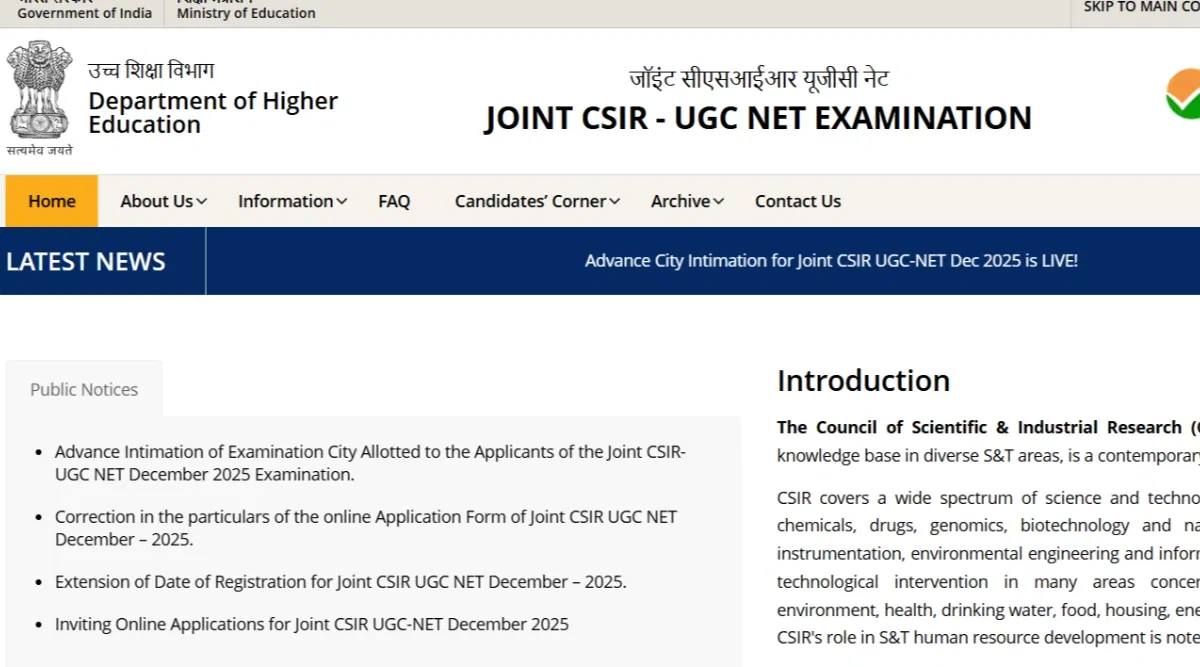

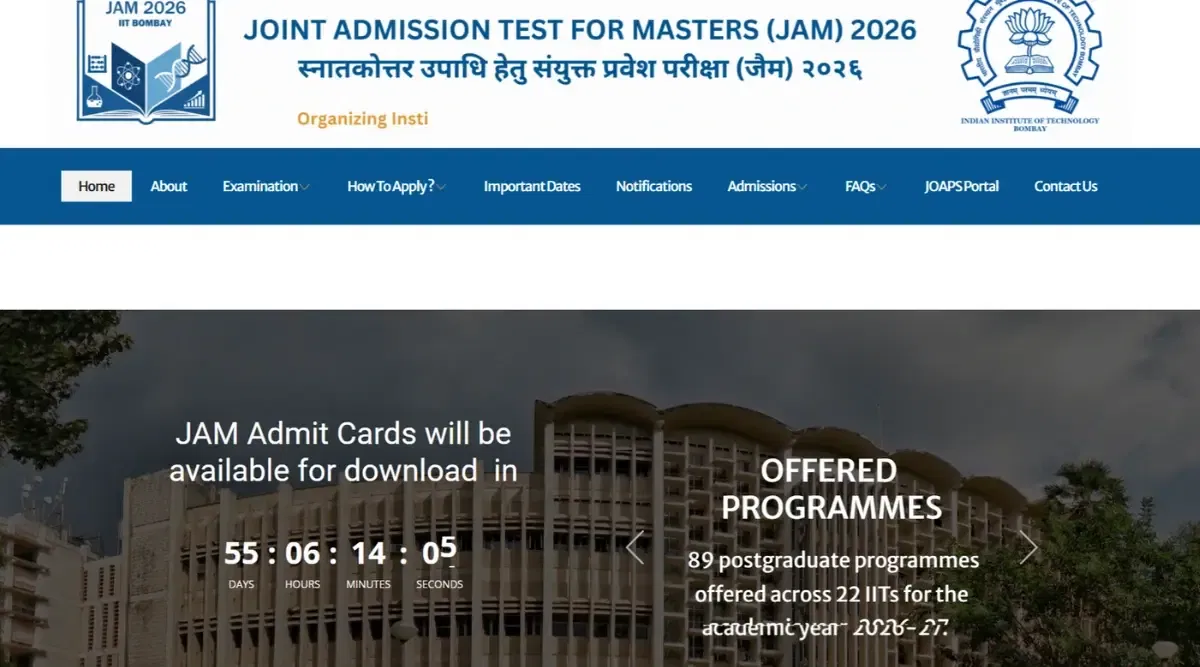


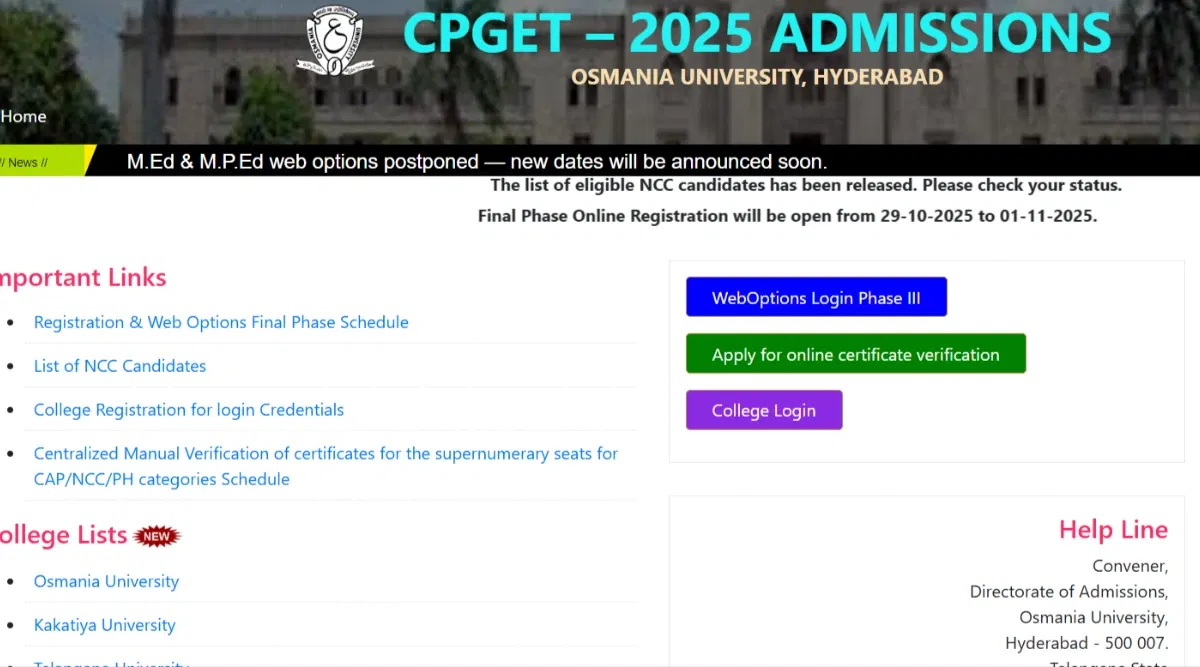
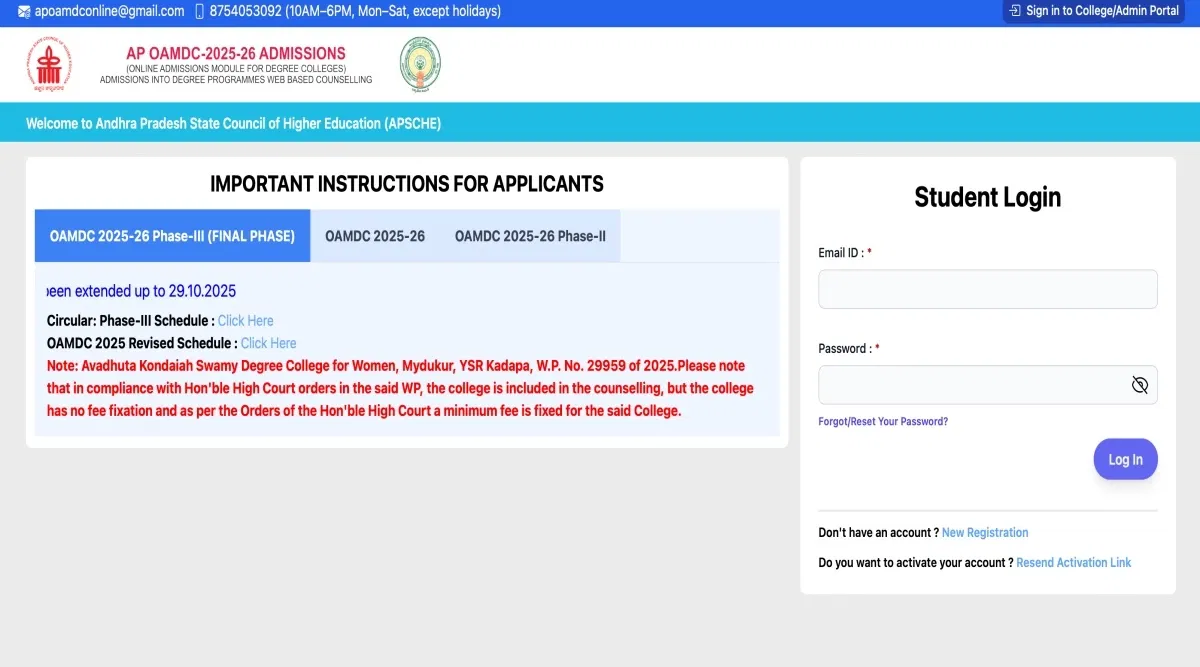
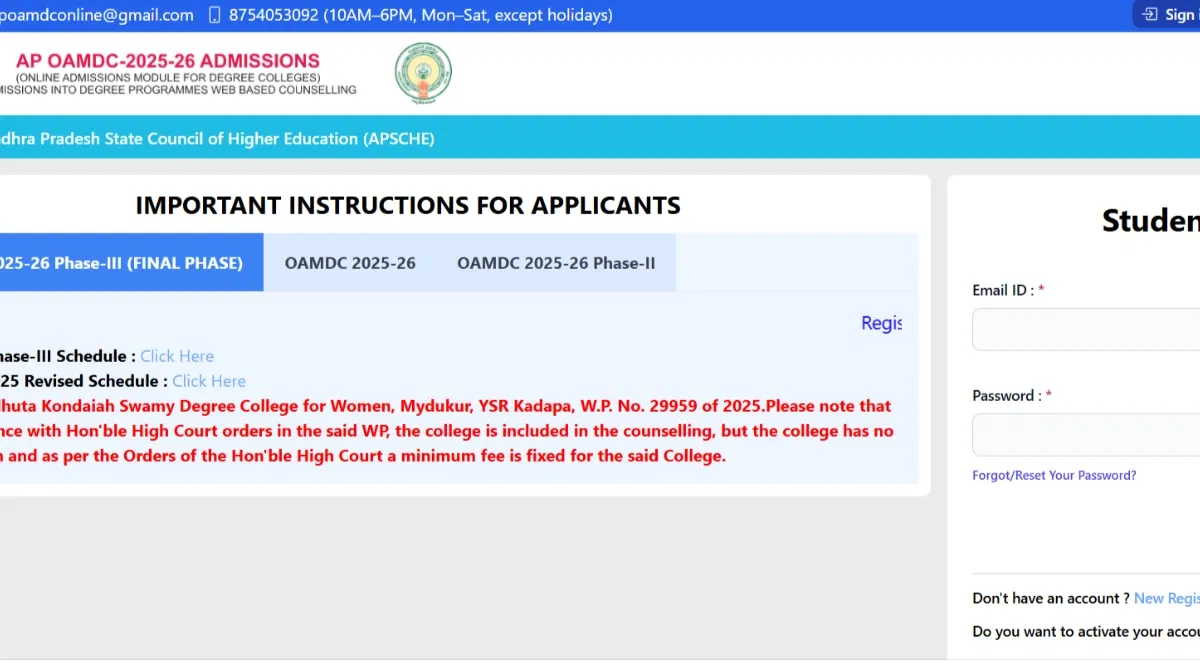


POST YOUR COMMENT